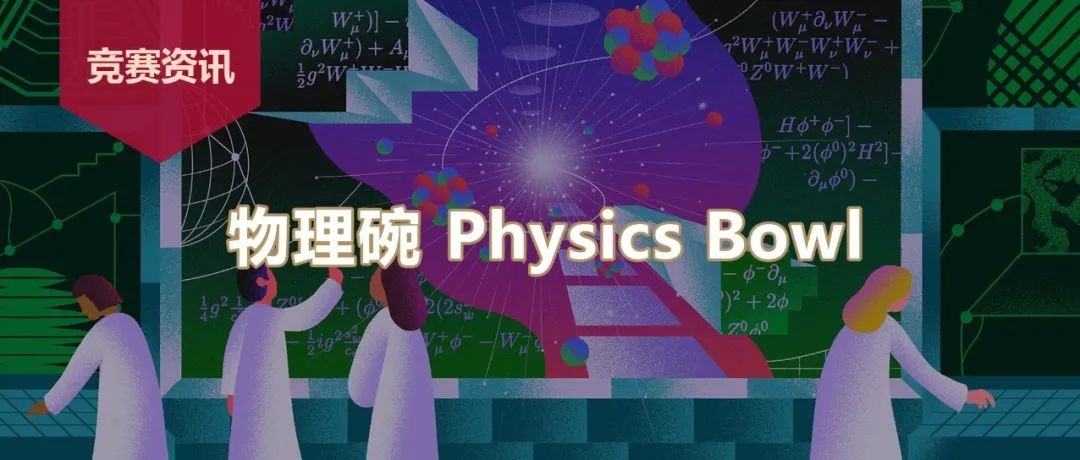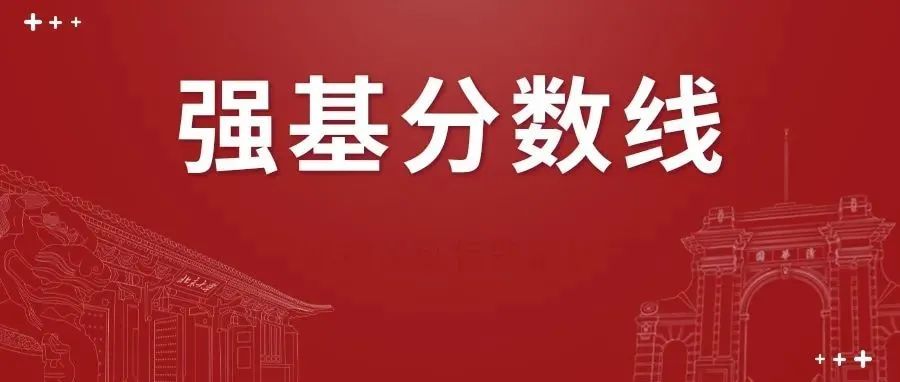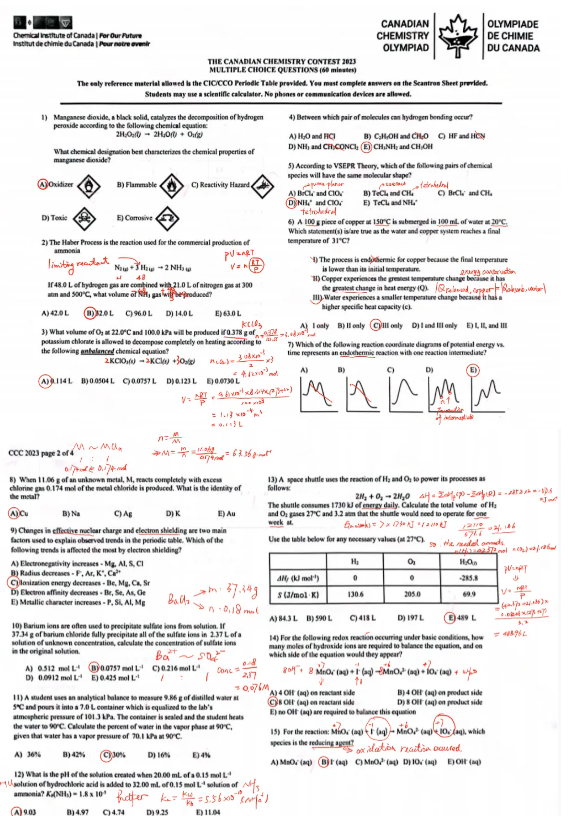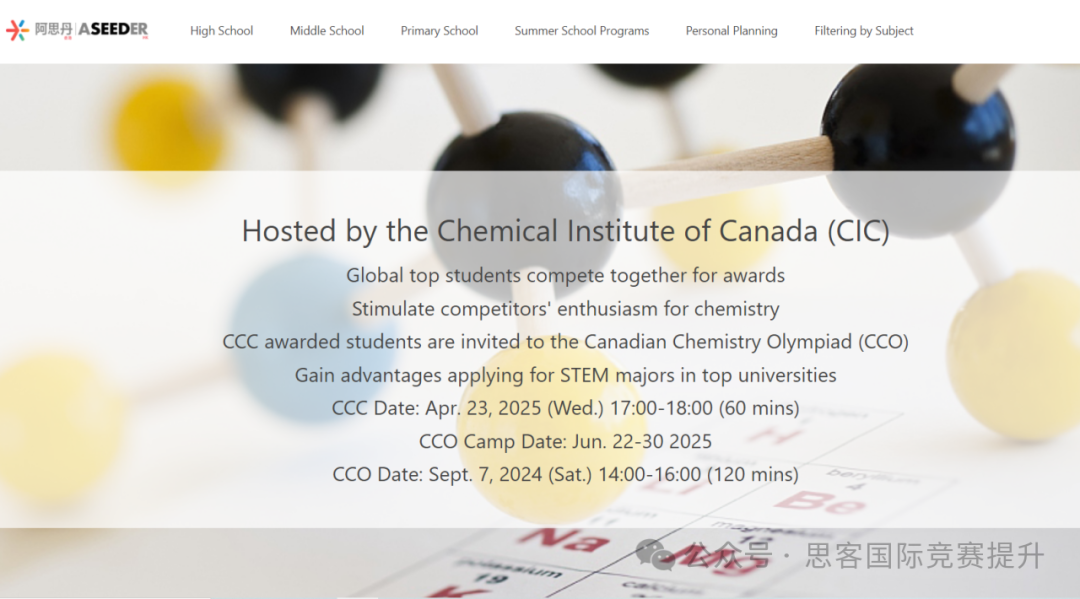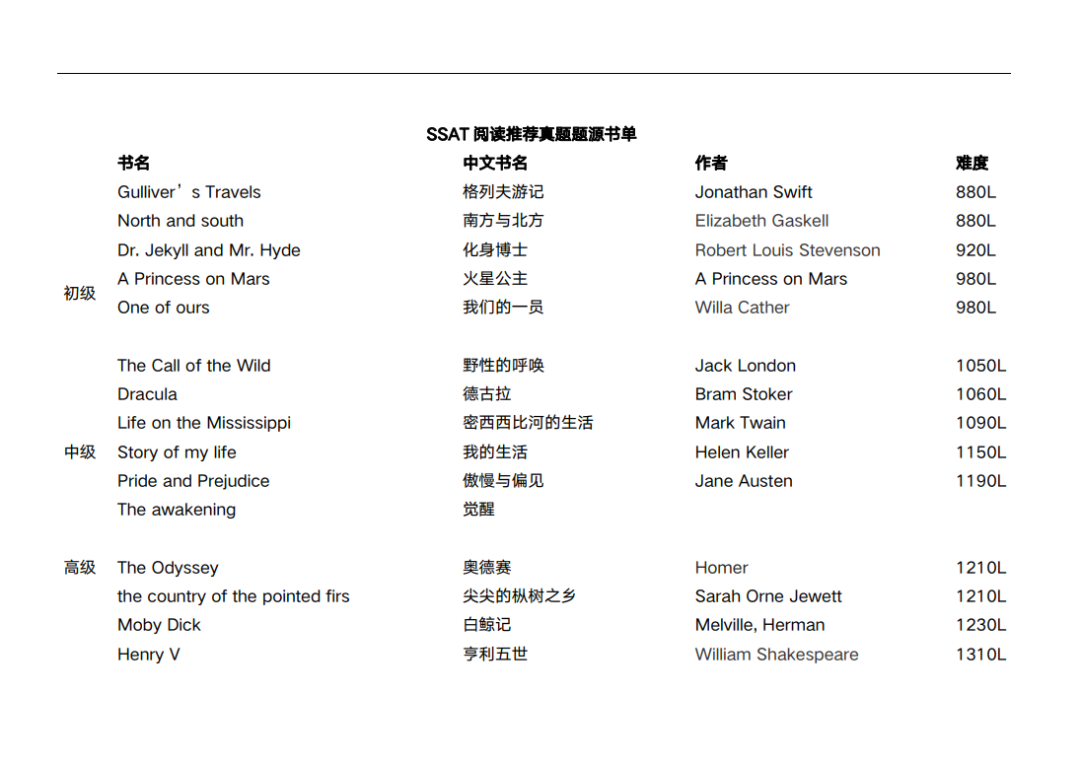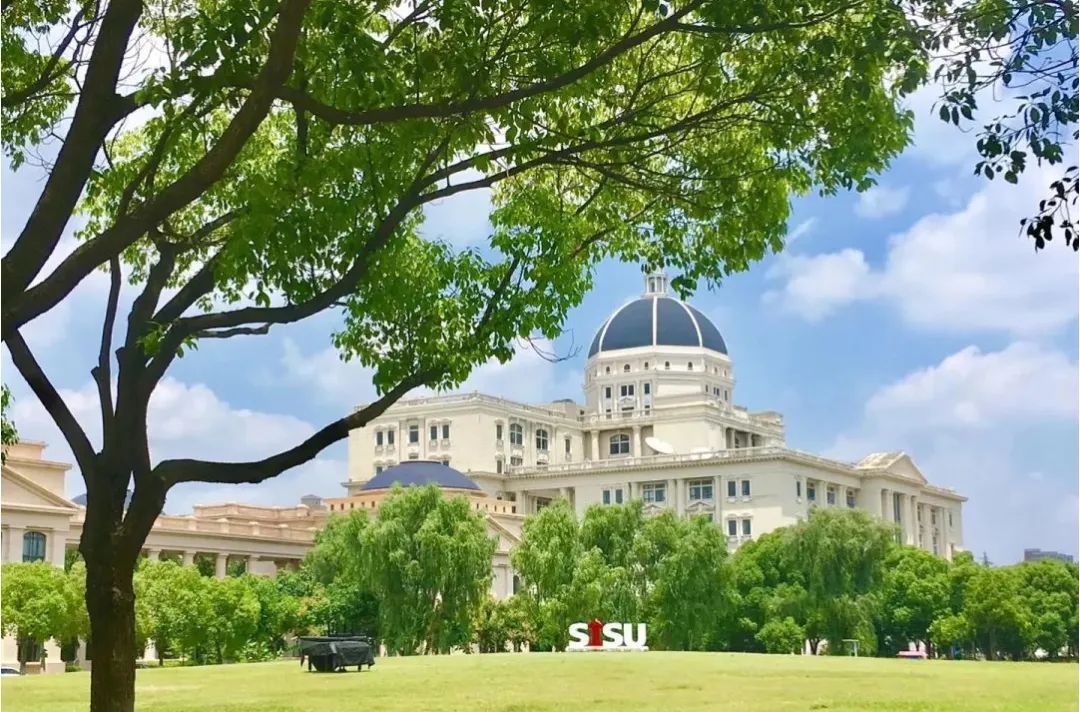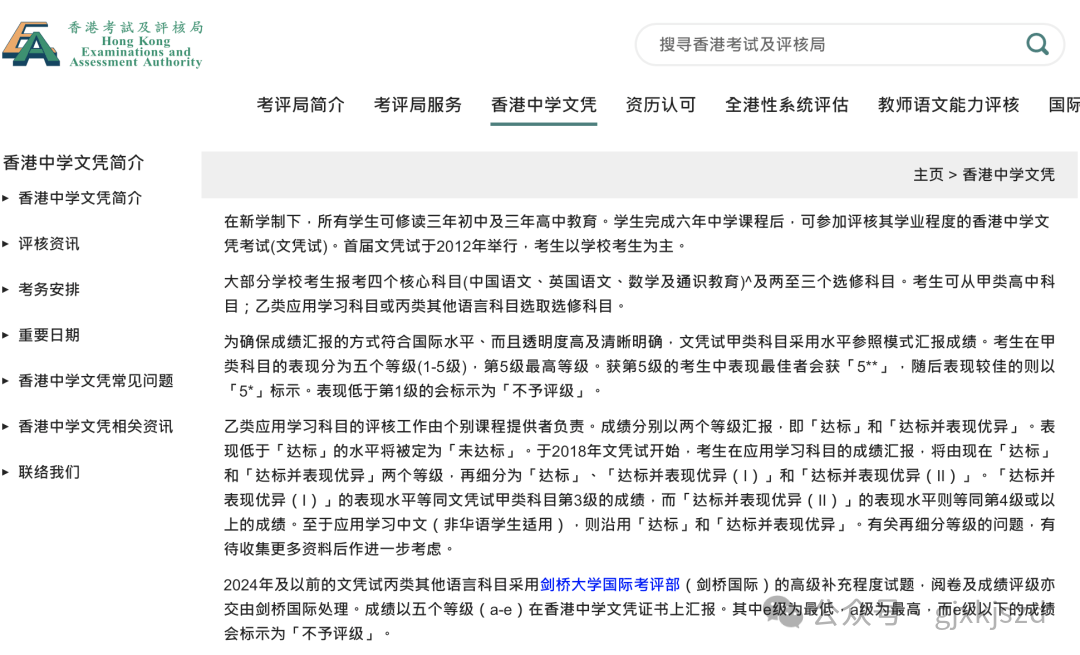约翰·霍普金斯大学(Johns Hopkins University,简称JHU)建立于1876年,是全美历史最悠久的研究型大学。为了帮助学生更有效地准备申请材料,JHU 开设了“Essays that worked”栏目,每年发布5-7篇录取学生的文书,并附上招生委员会的评语,点明每篇文书的优点。
下面我们就来看一看新鲜出炉的Class of 2025范文吧!
Essay 1
Lifelong Learning
作者:Rozanne (马来西亚)
The white yarn slipped off my aluminium crochet hook, adding a single crochet to rows and rows of existing stitches, that looked to be in the form of a blob. Staring at the image of the little unicorn amigurumi lit up on the screen of my laptop, and looking back at the UMO (unidentified messy object) number five, I was extremely perplexed.
This had seemed so easy. Round 1, construct a magic circle with 6 single crochets. Done. Round 2 was an increase round resulting in a total of 12 stitches. Also done. The remaining rounds were blurred into hours and minutes that should have resulted in a little white creature in the likeness of a unicorn, but sitting on my desk (much like the four days before today) was a pool of tangled white yarn. It was not until day seven that a creature with a lopsided head whose horn was the only identifier of the mythical being emerged.
Very much like learning how to crochet, my journey in forging my own path and finding a passion was confusing, messy and at times infuriating. Even in primary school, I had heard all the stories of individuals finding their own route in life. I had been told stories of those who found their passion at a young age and were exceptionally proficient at their craft, of those that abandoned their interests and pursued a lucrative career, even those who chose their dreams but regretted it afterwards. This weighed heavily on me, as I was determined to have a success story as many of my other family members had. The only problem was that I did not have a direction.
In the years following primary school, I stepped out of my comfort zone in a frenzy to find a passion. I joined the school orchestra where I played the violin, and a debate class to practice public speaking and become much more eloquent. At my ballet school, I branched out to contemporary and jazz dance. I stuffed myself with experience similar to an amigurumi engorged with batting. I found myself enjoying all of those activities but soon enough, I was swamped with extracurriculars. Just like the tangles of white yarn on my desk, I was pulled in all directions. I still felt lost. To make things worse, it seemed as if everyone else had found their path in life, and they had all become white unicorns while I was still doubting the stitch I just made.
It was not until high school that I realised that I could view this mission to find a passion from another perspective. While successfully completing a crochet project is an accomplishment itself, the motions of making slip knots, single or double crochets takes you on an adventure as well. The knots that I had encountered in my craft were evidence of my experiences and what shaped me as an individual. My exploration of various paths through detours may have sometimes resulted in roadblocks, but I continued to persevere and learn from my experiences, applying the skills that I have gained to future knots. The mini adventures that I went on were all crucial to me in the greater journey of life.
Through trial and error, the current adventure that I am on resonates the most with me, taking me down the path of service and environmental activism. However, I have learnt that no one path is static, and I can be on more than one path at a time. While I may only be halfway to the proportionate unicorn amigurumi that some others may have already achieved, I still have so much to learn and so much that I want to learn, and so my journey to grow continues.
JHU招生委员会评语
Rozanne的文章展现了这二者之间的相似之处:学习钩针编织和找寻自己的激情。她表达出了尽管这两个过程一开始可能都显得乱七八糟,令人困惑,但投入必要的努力和时间会带来更好、更有意义的成果。Rozanne在写作中提到了舞蹈、环保运动等几项她参与了的活动,以及钩针编织等兴趣爱好。不过,在更高的层面上,这篇文章让招生委员会看到,她会利用机会,会以各种方式参与社区生活,会推动自己走出舒适区,并且能够对自己的成长有所反思。当我们考虑她将如何为霍普金斯社区做出贡献时,答案是显而易见的:尽管她可能仍在确定自己真正的激情所在,但她将立刻行动起来,充分利用自己在学校的时间。
Essay 2
Stepping Out of my Comfort Zone
作者:Samuel (波士顿,马萨诸萨州)
If you told me I would be playing a sport called squash at 11 years old, I would call you crazy. But in seventh grade, I was at a new school 10 times bigger than my last one. I felt like a little fish in a big pond. I was quiet, withdrawn, and very introverted. A lot of the time, I stayed where I was comfortable.
During the first week of school, a group of people visited the school and they introduced themselves as Squashbusters. At that time, I’d only heard of Squash once before, but I didn’t really know what it was. Because the program combined the sport of squash with academic support, mentoring, and service opportunities, I decided to sign up. It’s been six years and this program has made a monumental difference in my life.
Being a part of SquashBusters is a program that really pushed me out of my shell to the point where I’ve grown accustomed to challenging myself. In SquashBusters, they tell us to push ourselves past our limits on the squash courts, but that mindset has transferred to other areas of my life as well. From team trips and tournaments to cringy karaoke moments and participating in eccentric traditions like our annual SquashBusters Olympics, my comfort zone has steadily grown larger. My peers brought out a side of me I didn’t even know existed. I haven’t transformed completely from introvert to extrovert, but I’ve become more social as the years go by.
At Hopkins, I want to do something similar. I want to try new things and embrace the campus traditions. Even though I will develop intellectually from the many academic classes and clubs/activities offered on campus, I feel as though a true community is birthed from exploring beyond what one’s used to. From traditions like Blue Jay Opening Day and the Spring Fair to the many world-changing clubs like the Amnesty International club and the Foreign Affairs Symposium, the different ways to be involved in the Hopkins community is limitless and invigorating and I can’t wait to be a part of the Hopkins family.
JHU招生委员会评语
Samuel的文章对“将自己推出舒适区”进行了思考。将自己推出舒适区不仅是人生中重要的一课,也是霍普金斯大学的学生每天都在做的事情。我们的学生不断突破“发现”的边界,面对课堂内外的挑战,追寻新的激情。Samuel在不断挑战自己的过程中展现了这些特点,也展现了自己能够将在壁球场上学到的经验运用到生活中的其他领域。他表现出:只要有机会进入霍普金斯大学,那么他将在各种各样的学术、课外资源的滋养下茁壮成长,他也有足够的能力克服他所面临的任何挑战。
Essay 3
Red Over Black
作者:Elizabeth (Fairfield,康乃狄格州)
“Bring the ace of spades up,” my Grandmother said as we started our first game of solitaire after I got home from school. “Now, put the black eight onto the red nine.” We played solitaire often, working together to reorganize the cards most efficiently. While it was meant to be a single-player game, solitaire was the one thing we did together, moving and dealing the cards in a symphony of order: red to black, red to black. Pulling the pattern out of the random array of cards.
For hours, we sat at our glossy kitchen table, playing game after game. If there were no more moves to make, I would always sneak a card from below a column without my grandma seeing. She always did. I couldn’t understand- What was the big deal of revealing the cards? We might win one out of ten games played. But if we just ‘helped ourselves,’ as I liked to call it, we could win them all. I didn’t understand her adherence to the “Turn Three” rule. Why not just turn the cards one by one? It was too frustrating to see the cards go by, but turn exactly three and not be able to pick them up! After one game we lost, I asked my grandma, “Why do we play this way? There’s a much better way to play.” In response, she quickly explained her adamancy to the rules, what before had made no sense to me.
Her polished fingernails scratched against the cards as she shuffled them and told me. “Solitaire isn’t just a game for one person.” Her deep brown eyes sharply glanced at me, “No.” It wasn’t just a game for one person, but rather for two sides of a person. It was an internal battle, a strengthening of the mind. One playing against oneself. “If one side of you cheats, how would either side get better?”
Red lipsticked lips slightly grinned as my grandma saw me trying to understand, but I didn’t agree with this thought at once. The cards rhythmically slapped down onto the table as my grandmother, small yet stoic, effortlessly moved the cards with frail hands. I watched her. I thought about any other way to understand this idea. I desperately wanted to. Trying to think, I couldn’t imagine another instance where this sense of tranquility, bringing the melody of organization out of a cacophony of random cards, came from such intense competition.
The slow manipulation of life around her precedent made me think back to my grandma, to what she told me, and made me understand. Two years later, pushing myself harder than I ever had before in a field hockey match, I realized how much I had been cheating myself and my team by not putting this effort in before. Four years later, I was helping my parents clean after dinner when I saw the value in not taking the easy way out. Five years later, I found once again the difficult ease in pottery. Lifting the pot off the wheel, I found satisfaction. Looking back, I hadn’t realized that this notion of self-accountability appears in almost every aspect of my life.
Seven columns. Four aces. Fifty-two cards. Laying these down, I’m brought back to playing solitaire with my grandmother. Through time, her inner spirit never crumbled as her body began to deteriorate. Her mind stayed strong and proud. I admired her for that more than she could’ve imagined. Each challenge I face, or will face, in life, I think back to her lesson one inconspicuous afternoon. Never let myself cheat. Always hold myself accountable. Work hard in every competition, especially the ones against myself, as those are the ones that better me the most. I did not understand what my grandmother meant that day. Now, with each day, I do more.
JHU招生委员会评语
在大学申请文书中,许多学生想要书写自己人生中某个重要的人或家庭成员。这样做的难点在于保证文书仍是关于申请人的,而不是只与那个“重要的人”有关。Elizabeth做到了既将祖母这个“重要的人”融入文章,又将重点保持在自己身上,强调她从那个特定的时刻学到什么,那个时刻如何影响了她的生活。另外,虽然Elizabeth以一段童年经历开篇,但她笔锋一转,将那段经历带进了自己的日常生活,描写了自己如何坚持对自己负责、认真努力。我们了解了Elizabeth是怎样的人、她的价值观是什么,这有助于我们知道她将在我们的校园中成为怎样的人。她生动展现了自己认真努力、对自我负责的价值观并不只作用于纸牌接龙游戏,而是在运动、爱好、家庭生活中一以贯之,这样的价值观也一定会在她未来的大学生活中继续发光。
Essay 4
Queen's Gambit
作者:Dante (Melbourne, 佛罗里达)
No, Dante. Stop, think, and look at the entire board.
I was thoroughly confused. I thought I had procured the complete solution to this elaborate chess puzzle. What am I missing? A knight fork, a bishop move? Am I in check? After a quick glance at the left side of the board, I slapped my hand on my head as I suddenly realized what my chess coach was telling me. My queen was sitting unused, positioned all the way on the other side of the board, and I had no idea. If I were to sacrifice my queen, the opposing rook would be forced to capture it, allowing me to finish the game in style with the illustrious “smothered mate.”
If you begin to look at the whole chessboard, then these puzzles will become a breeze for you.
Ever since that chess lesson, those words have stuck. Indeed, my chess skills improved swiftly as my rating flew over the 1000 Elo threshold in a matter of months. However, those words did not merely pertain to chess. Looking at the whole picture became a foundational skill that I have utilized throughout my life in school and other endeavors. I particularly remember making use of it on the soccer field.
Now, I’m no Arnold Schwarzenegger. Weighing in at a monstrous 125 pounds and standing 5 foot 8 inches, my opponents made it a habit to tackle me to the ground. Once again, I found myself face to face with the defender, and before I knew it, I crumbled to the ground, left isolated and dispossessed. Laying dazed on the pitch, my mind flashed back to the chessboard. It occurred to me that soccer, much like chess, relies on the proper position of the many pieces that combine to create a finished strategy. The “whole picture” of soccer is not just how fast or strong one is or how many tackles you put in; that is only one element of the puzzle. The intelligence and creativity needed in a playmaker is also an essential part of a well-rounded soccer team. I realized that my most significant advantage would always be my in-depth understanding of the game of soccer—where to pass the ball, when to make a run, if the ball should be in the air or driven. I picked myself off the ground, and when that same defender came barreling towards me again, I was zoned in, oblivious to the noise around me. I chipped the ball into the open space right behind him, knowing my teammate would run into the space without even looking. From then on, I continued to hone my skills through intense practice to become the best playmaker I could be, working in conjunction with my faster and stronger teammates to become a well-balanced, unified team.
Through chess and soccer, I have discovered that every piece in a puzzle has a purpose. This new perspective has enhanced my ability to stop, stand back, and analyze the whole picture in the many dimensions of my life. In my scientific studies, it was not enough to examine just one C. reinhardtii cell, but it was necessary to zoom out the microscope to capture all of the thousand cells to truly understand quorum sensing and its consequences. In my studies of music, it was not enough to listen to the melody of the finale of Beethoven’s 9th symphony, but one must realize that the true beauty of the composition lies in the whole orchestra handing off this simple melody to every instrument. All these facets—music, research, soccer, chess—are not only completed puzzles but also parts of a greater whole: my life. Every aspect of myself matters as much as the other. As high school comes to an end, the pieces on my board are set, and I only have success in mind.
Your move.
JHU招生委员会评语
Dante的文章用“show, not tell”的方式清晰地告诉读者:他充满好奇心,有许多兴趣。他细心地将自己从国际象棋中学到的东西与足球场上的表现联系了起来,并且着力于刻画自己学到了什么,避免了事无巨细重现整场象棋比赛或足球比赛。读者能够看出Dante具有迁移知识的能力。要在霍普金斯取得学术成功,这一能力是至关重要的。通过这篇文章,我们的招生委员会可以确认,Dante的思考方法很适合我们的跨学科课程设置。
Essay 5
Left and Right Don't Exist
作者:Stella(洛杉矶,加利福尼亚州)
The first lesson I learned as a student pilot is that left and right don’t exist. Maybe driving on a highway or in a parking lot, left and right is precise enough to describe the location and movements of slow-moving bikers, pedestrians, and cars. But at 36,000 feet in the air in a steel tube hurdling almost 200 miles an hour? Left and right just don’t cut it.
During one of my first flights in a small Cessna-182, my flight instructor ordered me to scan the horizon for approaching aircrafts. To my right, I caught a glimpse of one: another Cessna with maroon stripes, the sun’s reflection glinting off its windows. Gesturing vaguely to my two o’clock, I informed my flying instructor, “There’s a plane to the right.”
“No, to your right. From his position, what direction does he see you?” From his angle, I was to his left. In that moment, I realized that perspective and precision of language is everything. The radio chirped: “Cessna One-Eight-Two Sandra, heading north to John Wayne Airport. Over.”
I navigate using my compass’s north, east, south, and west directions because every pilot’s vantage point differs from each other both vertically and horizontally, creating opposite perspectives. My right was that pilot’s left.
Through flying, I began to consider all points of view, regardless of my personal perspective.
Perhaps it was my ability to scan the horizon to communicate a single story, uniting contrasting outlooks, that drew me to my love for journalism and the diverse melting pot that was my community.
To me, journalism modernizes the ancient power of storytelling, filled with imperfect characters and intricate conflicts to which I am the narrator. As editor-in-chief for my school newspaper, The Wildcat’s Tale, I aim to share the uncensored perspective of all students and encourage my editorial groups to talk — and listen — to those with whom they disagree. Starting each newspaper edition with a socratic, round-table discussion, I ask the other journalists to pursue stories that answer the questions: why did this happen and where will it lead?
Expanding beyond the perspectives of my classmates, I began writing articles for the Korea Daily, and later, the Los Angeles Times High School Insider. I schedule interviews with city council candidates, young and old voters, and mayors of my town, obtaining quotes and anecdotes to weave into my writing. My interviews with both Democratic and Republican voters have taught me to thoroughly report polarizing-opposite opinions through an unbiased lens. As a journalist, I realized I cannot presume the opinions of the reader, but instead simply provide them with the tools necessary to formulate their own conclusions.
However, differences in perspective in my articles are not solely limited to politics. I found that in my suburban community, people love to read about the small-town hospitality of their own friends and neighbors. Quirky traditions, like our Fourth of July carnival clown and local elementary school’s Thanksgiving talent show, are equally as important to me as national headlines are. My favorite stories to publish are the ones taped onto fridges, proudly framed on the mom-and-pop downtown diner, or pinned into the corkboard in my teacher’s classroom. I discovered the size of my story does not matter, but the impact I leave on the reader does.
In my time as both a student pilot and journalist, I grew to love these stories, the ones that showed me that living life with blinders, can not only be boring, but dangerous. Whether I was 36,000 feet in the air or on ground level, by flying and writing, I realized that the most interesting stories of life come straight from the people most different from me.
JHU招生委员会评语
Stella在开头讲述了她学习飞行的经历。然而,这个故事的重点主要不在于行为本身,而在于这段经历教会了她如何对待观点和角度。她由此将这些收获与她生活的另一个方面联系了起来——她对新闻的热爱。通过分享她在新闻采编中采取的方法和产生的影响,她清晰地展现出:她的行为中处处包含了她从飞行经历中学到的东西。在报纸编辑室倾听别人的想法和观点,以不偏不倚、深思熟虑的视角看待故事……从中我们不仅能够了解到她在自己有激情的领域如何为人处世,也能够了解到她在自己的社区如何为人处世。这篇文章与我们分享了一些新的爱好,体现了她的影响力,为整个申请增添了新的内容,但它的重点在于刻画了她如何将一段经历中学到的东西运用到生活的其他方面。当我们思考Stella将成为我们社区中怎样的成员时,这篇文章让我们知道,她将是一个愿意倾听、学习、运用自己学到的东西并产生影响的人。
Essay 6
Dancing Together
作者:Dayann(Bowie,马里兰州)
I cannot dance.
This is not something I often admit willingly; in fact, it is quite baffling to me how horribly incapable I am at performing even the most basic movements on command. My grandmother often describes it as “a tragedy” as she is forced to watch her grandchild absolutely butcher our country’s cultural dances, beautiful expressions of our unique West African roots turned into poor facsimiles by my robotic movements.
And yet, year after year, I find myself taking the dance floor at my family’s events, seemingly unaware of my objective lack of skill. Eventually, my display proves to be so amazingly unbearable that I am removed from the floor and shown the correct movements over and over again until I am able to replicate them well enough to come back. Bizarrely, despite my previous declaration that I cannot dance, for the past three years, I have found myself performing an entire choreographed routine at my school’s yearly pep rallies.
It is through looking back at these events that I realize that I have created a mischaracterization of my dancing abilities through my decisive first sentence. I can dance and am, in fact, very capable of doing so, but not when I act insularly. My ability to dance correlates directly with how willing I am to collaborate, the input and support of others turning the uncoordinated and unwieldy into the near-graceful.
My attempts at dancing have led me to value community and collaboration greatly, and I find myself seeking and being drawn towards environments that will allow me to continue to develop both of these values as I learn and grow. Through my internship with the Johns Hopkins Applied Physics Lab, I was exposed to and became fascinated by the collaborative spirit that lies at the heart of Johns Hopkins. The idea that one cannot discover or innovate when working alone was affirmed during my research, and I have come to see that mutual collaboration and community are integral aspects of Johns Hopkins’ unique culture. From the research initiatives that breach the boundaries between class levels, to the many organizations such as the Tutorial Project, relying on the shared initiatives of different students to directly make an impact on Baltimore and its many communities, and the distinctive access to especially interdisciplinary topics such as neuromorphic systems, I view that Johns Hopkins exemplifies the peak of collaborative achievement in education.
JHU招生委员会评语
在Dayann的文章中,我们了解几件事:首先,他喜欢参与。尽管他坚称自己不会跳舞,但我们在他的文章中一直看到他在跳舞。其次,他意识到他其实会跳舞,但需要与他人合作、在团队中才能发挥出自己最好的水平。第三,他将这一点与未来联系了起来。他认识到,他希望与能够挑战他、让他变得更好的同辈合作,这样他才能够发挥自己的潜力。





